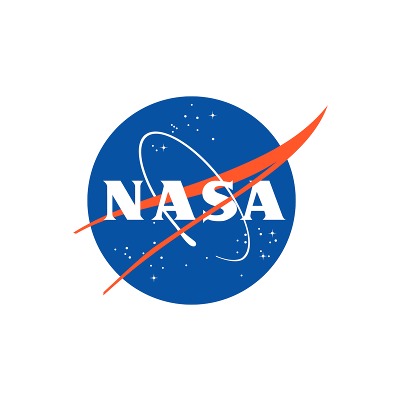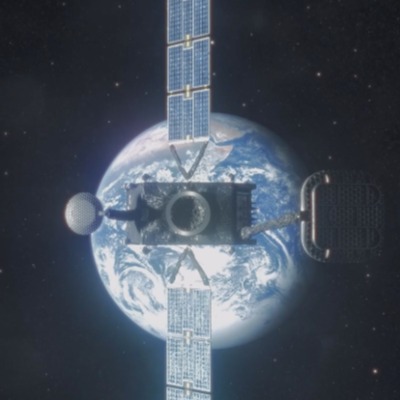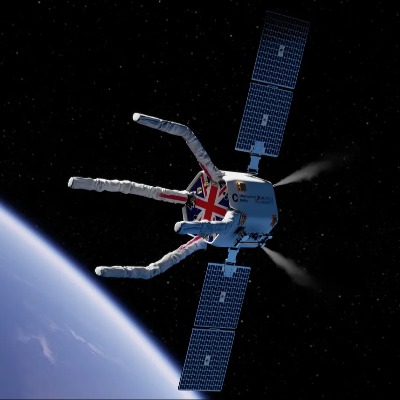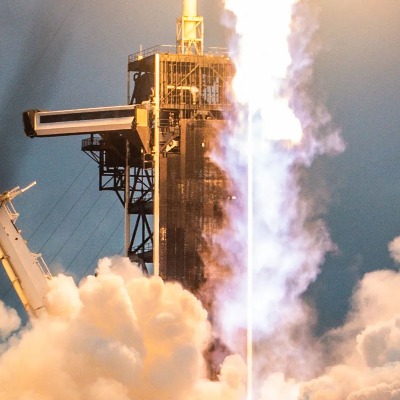Eumetsat Shifts Weather Satellite Launch To SpaceX's Falcon 9, Surprising European Space Officials
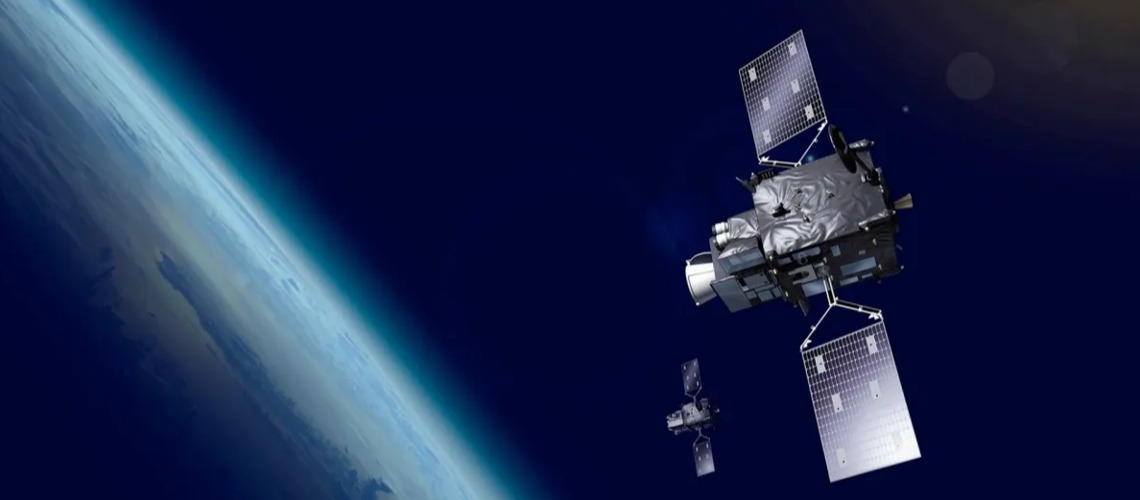
In a move that has surprised and frustrated European space leaders, Eumetsat, the European weather satellite operator, has opted to launch its upcoming weather satellite on a SpaceX Falcon 9 rocket instead of the European Ariane 6.
The satellite in question, the Meteosat Third Generation-Sounder 1 (MTG-S1), was originally planned to launch on Ariane 6 in early 2025. However, in a late-June statement, Eumetsat announced it would now fly on a Falcon 9 sometime in the same year.
MTG-S1 is a critical component of Europe's next-generation geostationary weather observation system. This advanced satellite carries a sophisticated "sounder" instrument that can provide detailed vertical profiles of temperature and water vapor in the atmosphere, significantly improving weather forecasting and climate monitoring capabilities.
Eumetsat cited the need to ensure a timely launch for MTG-S1's critical mission as the reason behind the switch. The Ariane 6 program has faced delays, and its maiden flight is scheduled for just a few days from now, on July 9th, 2024.
This decision has sparked controversy within the European space community. Some see it as a vote of no confidence in the Ariane 6, casting doubt on the future reliability of this new European launch vehicle. Officials at the French space agency CNES expressed disappointment, calling the move a "brutal change" for European space efforts.
The switch to Falcon 9 also raises questions about Europe's commitment to its own space launcher program. The European Commission previously guaranteed a minimum of five Ariane 6 launches per year to ensure its economic viability. Eumetsat's decision may put pressure on other European institutions to find alternative payloads to fulfill this commitment.
While the implications for the Ariane 6 program remain to be seen, one thing is clear: Eumetsat prioritizes the timely launch of its critical weather satellite over national launch vehicle interests. This decision highlights the increasingly competitive global launch market and the pressure on space agencies to balance national ambitions with mission success.

